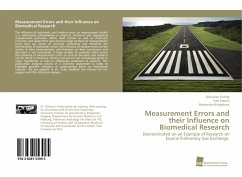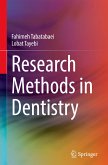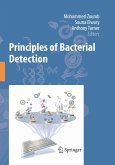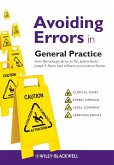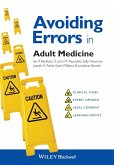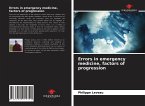The influence of systematic and random errors on measurement results is a well-known phenomenon in physical, technical and engineering measurement processes. While most human as well as veterinary clinicians and researchers (who process large numbers of measurements every day) are aware of accurate calibration and therefore the minimisation of systematic errors, the influence of random errors on the results of their measurements, and therefore on their conclusions and decisions is not considered. A large number of examples which prove the influence of measurement errors on clinical decisions and research can be found in literature. Wrong conclusions can erroneously prove or reject hypotheses or lead to inadequate treatment of patients. This publication analyzes results of a scientific experiment in order to highlight possible influence of measurement errors on biomedical research. We are grateful to Dr. Tichy (VetMed Uni Vienna) for his support with the statistical analysis.
Bitte wählen Sie Ihr Anliegen aus.
Rechnungen
Retourenschein anfordern
Bestellstatus
Storno

